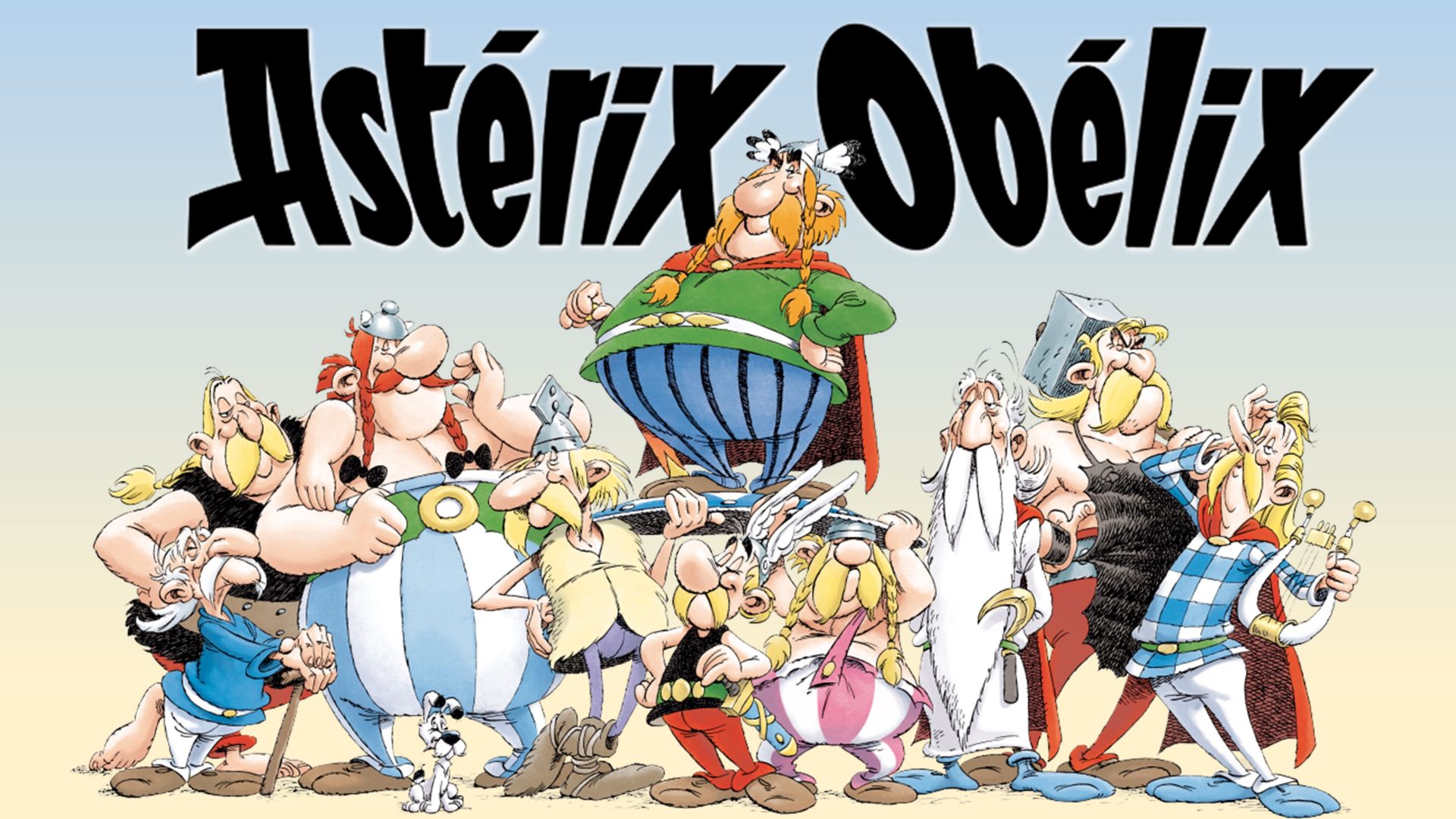
Asterix and the Great Crossing has been translated into grondspraatsi, a rare Swedish dialect spoken in Western Finland, as part of a unique effort to preserve and revitalize this endangered language.
One of Asterix's classic comic adventures has been translated into a rare Swedish dialect spoken by just a few thousand people in Western Finland, marking a unique effort to preserve the language. Asterix and the Great Crossing, originally published in 1975, is now available in grondspraatsi—a local Swedish dialect spoken primarily in the coastal town of Kokkola. The translation is part of a broader initiative to protect and revitalize this increasingly endangered language.
Worldwide phenomenon
Created by French author René Goscinny and illustrator Albert Uderzo, the Asterix series, which debuted in 1959, follows the mischievous adventures of Asterix, a small but clever Gaul, and his best friend Obelix, a strong but lovable giant who has fallen into a cauldron of magic potion as a child, granting him superhuman strength. Together, they resist the might of the Roman Empire, often outwitting Roman soldiers with their quick thinking, strength, and the help of their village's magical potion, brewed by the druid Panoramix.
The dynamic duo’s adventures take them far beyond their village in ancient Gaul, from exotic lands in the Mediterranean to ancient Britain and Egypt, all while mocking the excesses and pretensions of the Roman Empire. Throughout the series, the stories combine slapstick humor, clever wordplay, and satirical commentary on politics, culture, and historical events. The lovable characters, vibrant artwork, and witty dialogue have made Asterix a global comic classic enjoyed by readers of all ages. Since the first album was translated into Swedish in 1970, Asterix has become a worldwide phenomenon, with over 40 albums published in more than 100 languages.
Local expressions
John Hagnas, the project director behind this latest translation, told AFP that this is “the first official translation into a Swedish dialect in the Nordics.” Finland, which has two official languages—Finnish and Swedish—has a long history of Swedish-speaking communities, many of which preserve distinct local dialects. These dialects can be so unique that they are often unintelligible even to other Swedish speakers in the country.
Hagnas, a lifelong comic book enthusiast, collaborated with local language experts Bror Hagstrom and Ragny Mutka to adapt the album. The translation, titled Reisa yvi Atlanten, introduces local expressions while keeping the original storyline intact. The project aims to boost the confidence and pride of the few thousand speakers of grondspraatsi, part of a broader movement to keep these regional dialects alive.
With AFP
Comments